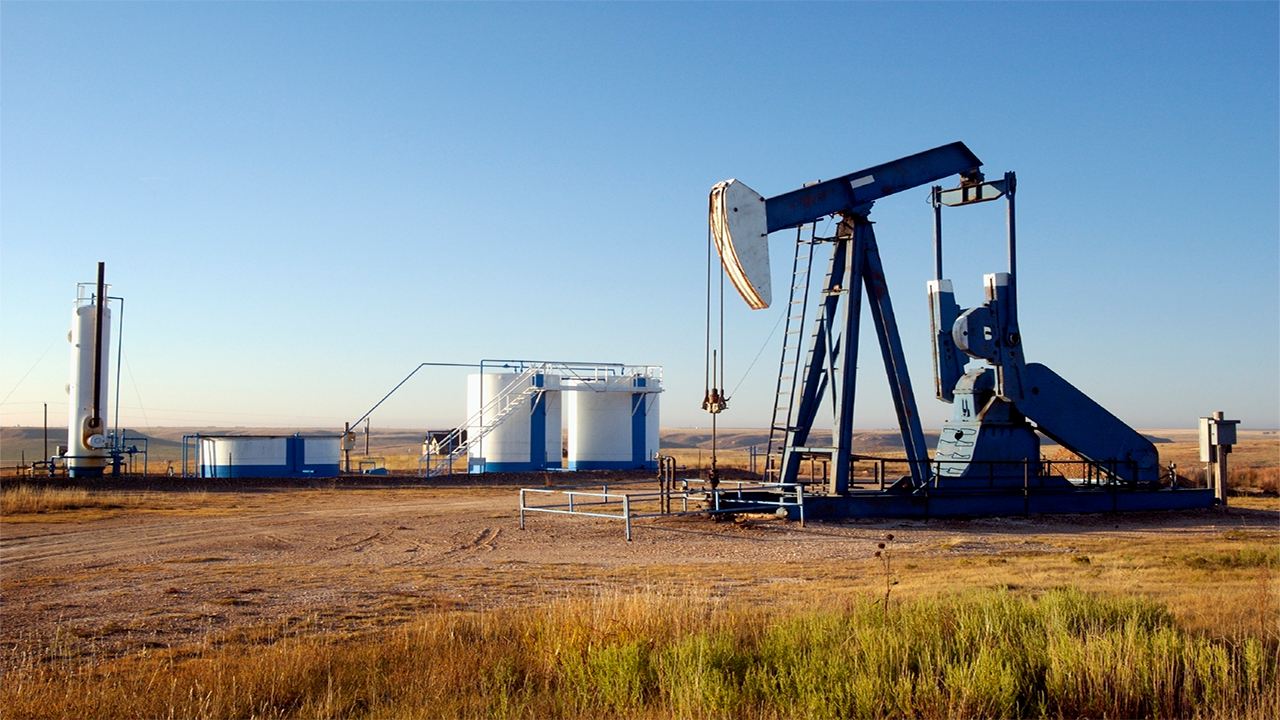- Nigeria Can Achieve 40bn Barrels Oil Reserves by 2020
The Nigerian Association of Petroleum Explorationists on Wednesday said that Federal Government has the capacity to achieved 40 billion barrels oil reserves projection target by 2020.
The association’s President, Mr. Abiodun Adesanya, gave the assurance in Lagos against the backdrop of government’s plans to boost oil production.
Adesanya said that government Economic Recovery Plan and Growth Plan targets to restore oil production to 2.2 mbpd in 2017, increase it to 2.5 mbpd by 2020 is achievable if monitored adequately.
He, however, believed that Nigerian need to increase exploration activities in order to achieve that lofty target.
The NAPE president said that Federal Government had targeted 40 billion barrels reserves and three million barrels per day production by the year 2020.
According to him, the Nigerian oil and gas industry is currently experiencing declining reserves owing to reduced exploration due to militancy, a situation that has caused much concern.
He said that successful exploration and development of new oil fields would require the use of novel integrated technologies.
Adesanya said that government was committed to meet the 40 billion barrel oil reserve target, but decried the rate of crude oil theft and pipeline vandalism in the country.
He said that it was in the best interest of the government to increase production.
He said, “It is for all of us as stakeholders to work together, minimize the distraction and face the business of boosting the reserves production to 40 billion barrels.”
The association boss said that exploration successes in other African countries had put pressure on Nigeria as a competing destination for oil and gas investments.
He stressed the urgent need to examine the effectiveness of existing policies to drive growth in the oil and gas industry as well as the development of roadmaps and new policy initiatives.
Adesanya said the association was committed to providing other learning opportunities, including short courses and field trips to the carbonate sedimentation areas in the Eastern Dahomey Basin in South West Nigeria.
On the Petroleum Industry Bill, the NAPE president said the association would continue to advise the government on the need to pass the bill into law.
He said, “Stakeholders believe that as exploration and production experts in the oil and gas industry, NAPE should have made greater impact to ensure the passage of the bill into law.
“The only thing the body can do is to advice and cannot force the government to do what they have to do.
“Passage of the bill by the National Assembly would addressed all aspect of the petroleum industry’s challenges and attract investment.”
Federal Government on March 7 released its Economic Recovery and Growth Plan with a view to restoring macroeconomic stability and unleashing various sectors towards achieving the nation’s full economic potentials.
The ERGP’s core vision of the plan is sustained inclusive growth through structural economic transformation with emphasis on improving both public and private sector efficiency in order to increase national productivity and achieve sustainable diversification of production.

 Naira3 weeks ago
Naira3 weeks ago
 News4 weeks ago
News4 weeks ago
 Naira4 weeks ago
Naira4 weeks ago
 Naira3 weeks ago
Naira3 weeks ago
 Jobs3 weeks ago
Jobs3 weeks ago
 Travel3 weeks ago
Travel3 weeks ago
 Naira3 weeks ago
Naira3 weeks ago
 Investment4 weeks ago
Investment4 weeks ago






























